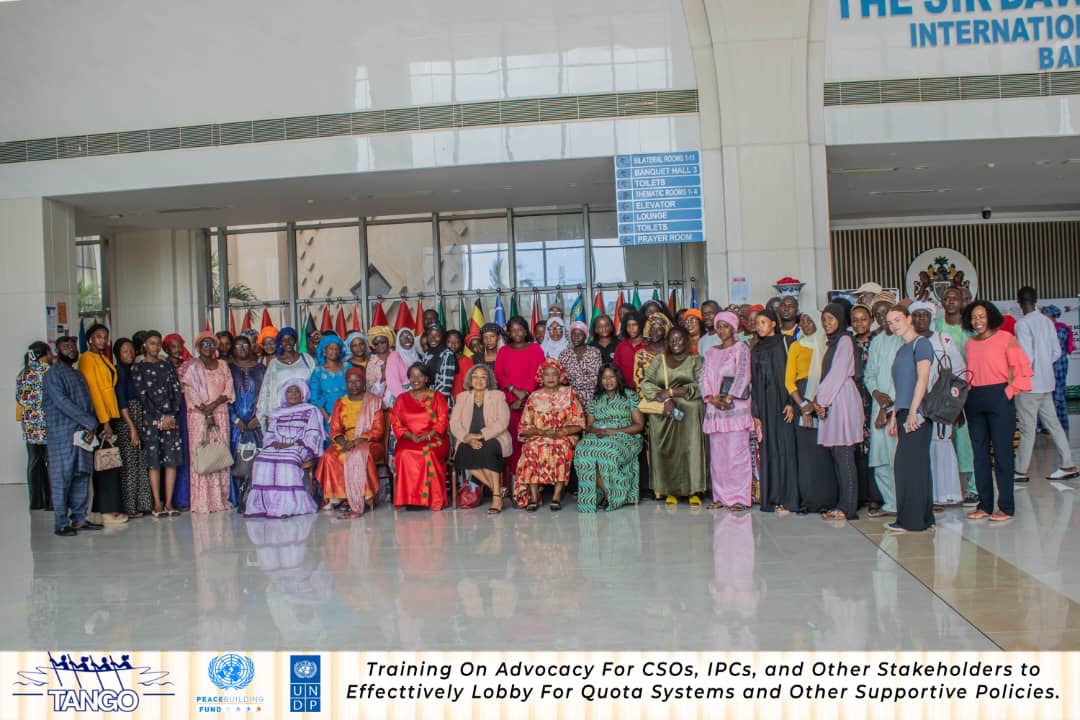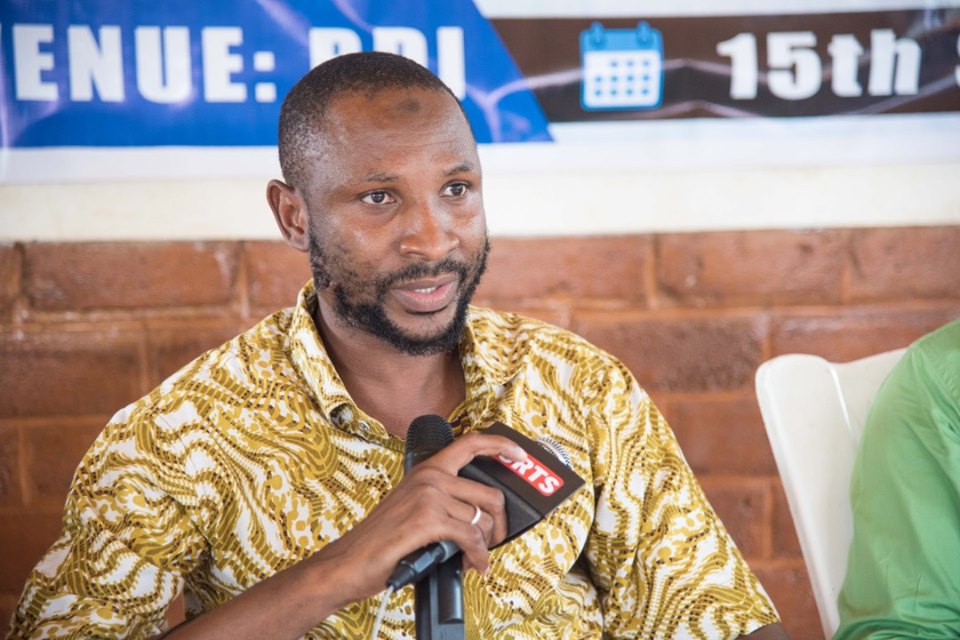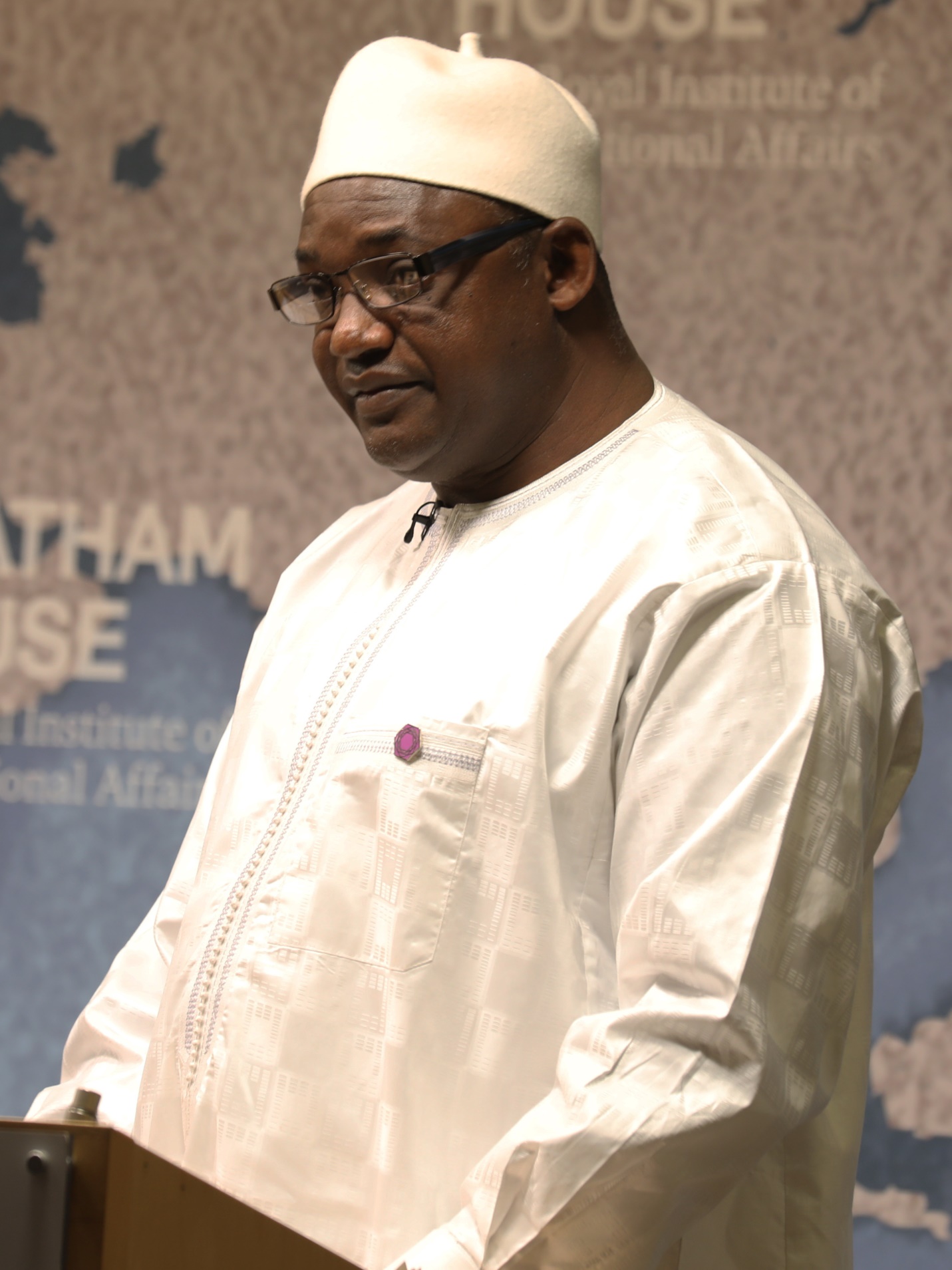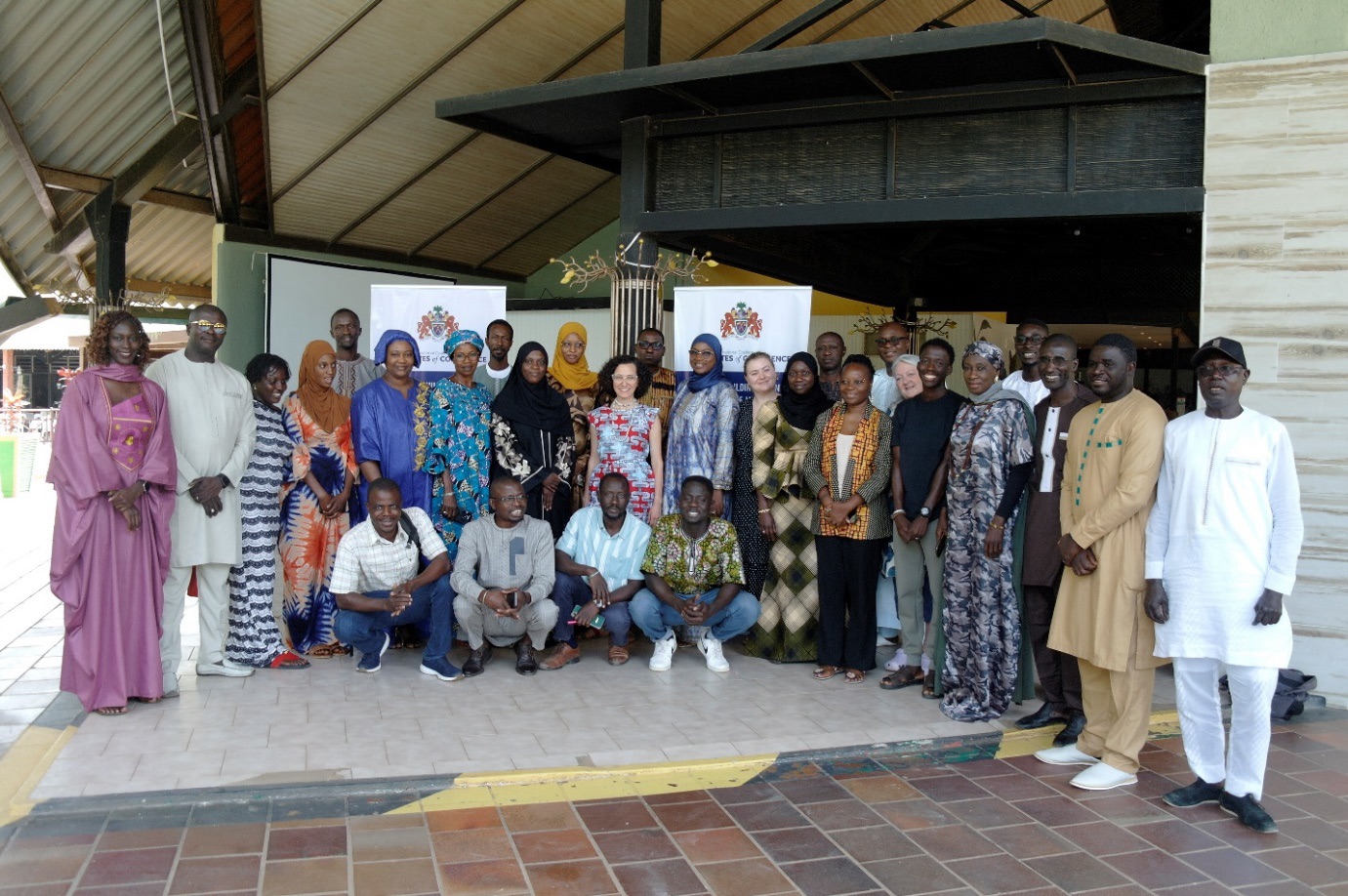By Isatou Sarr
The Association of Non-Governmental Organizations (TANGO) and the United Nations Development Programme(UNDP), had voiced concerns over women’s representation in key decision-making positions.
The concerns were raised at an awareness engagement with Civil Society Organisations (CSOs), Inter-Party Committee members, and other relevant stakeholders geared towards effectively lobbying for quota systems and other supportive policies to empower women.
The two-day event was held at the Sir Dawda Kairaba Jawara International Conference Centre on the 22nd of October 2024.
The Chairperson of (TANGO) Yadicon Njie Eribo stated that the initiative comes at a time when the country is gearing up for the next electoral cycle.
“Given that the National Assembly of The Gambia has only 8% women representation, and similar disparities exist in cabinet and local councils, addressing these gaps is essential for promoting equality and inclusion,” she stated.
She continued, “Key areas of focus will include the fundamentals of advocacy, its purpose, and strategies for influencing policy change.” She stated.
She revealed that their deliberations will highlight successful models and frameworks that can be adapted to local contexts.
“Representatives from CSOs, members of the Inter-Party Committee, and other stakeholders interested in advocating for equitable policies, together, we can work towards building a more inclusive society by effectively lobbying for quota system and supportive policies,” she stated.
Mandisa Mashologu, representative of the United Nations Development Programme (UNDP) pointed out that the recent Summit of the Future underscored the urgent need for inclusive governance models that promote participation from all segments of society, which emphasizes that empowering women is not just a moral imperative, but foundational elements of sustainable development.
“According to the most recent Gambia Bureau of Statistics (GBOS) Census data, women make up 51% of the population in The Gambia. They also make up 57% of the registered electorates, yet their representation in political office remains disproportionately low. The current Cabinet includes just 14% women, a decline from previous terms, and women make up only 15% of the 120 elected councilors,” she disclosed.
She added that the United Nations Sustainable Development Goals (SDGs) serve as a guiding framework, as Goal 5 of the SDGs advocates for gender equality and the empowerment of women and girls.
“It resonates deeply with our mission here today. It is vital that we embrace these goals not only as targets to strive for but as essential commitments that can transform our social and political landscape,” She concluded.





